Juan Camilo Cobos Cardozo
The Defeat in Cycling: Lessons from Ultra-Distance and Tracklocross
- ,
- , Uncategorized
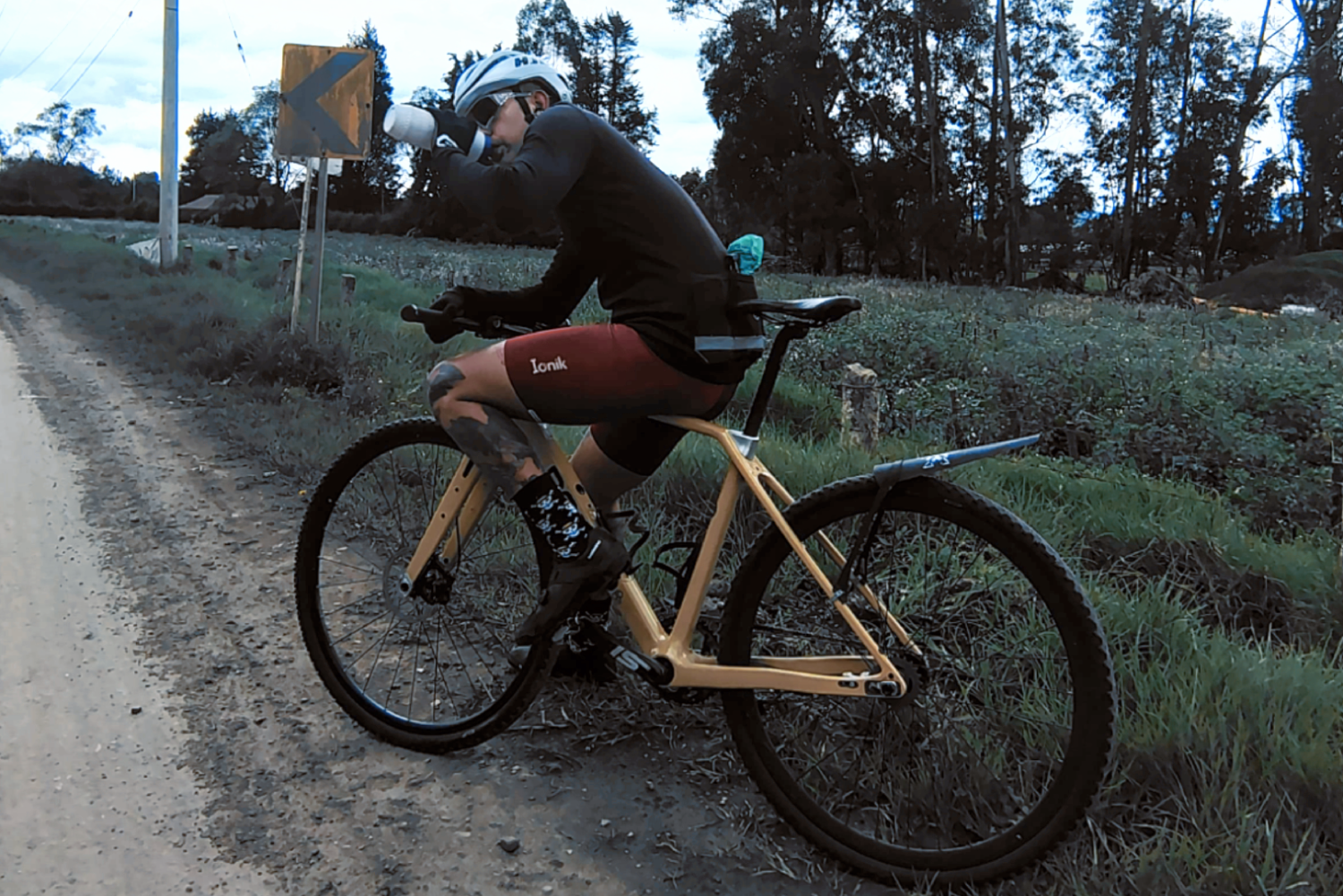
When we talk about cycling, the first thing that comes to mind is usually the victories: that triumphant photo crossing the finish line, the Strava log with epic routes, or the pride of completing a Brevet. But there’s another side to cycling that’s experienced in silence, without flashes or applause: the defeats. Those that leave your legs burning, but hurt even more in your head and heart.
As a fixed-gear cyclist, both in ultra-distance and tracklocross, I’ve lived those defeats up close, and I know you’ve felt them too. Failing in a brevet, abandoning halfway through a non-stop attempt, or not finishing a race. Each stumble makes you doubt yourself, but it also teaches you that in cycling, defeat isn’t the end of the road… it’s a guide that helps you grow.
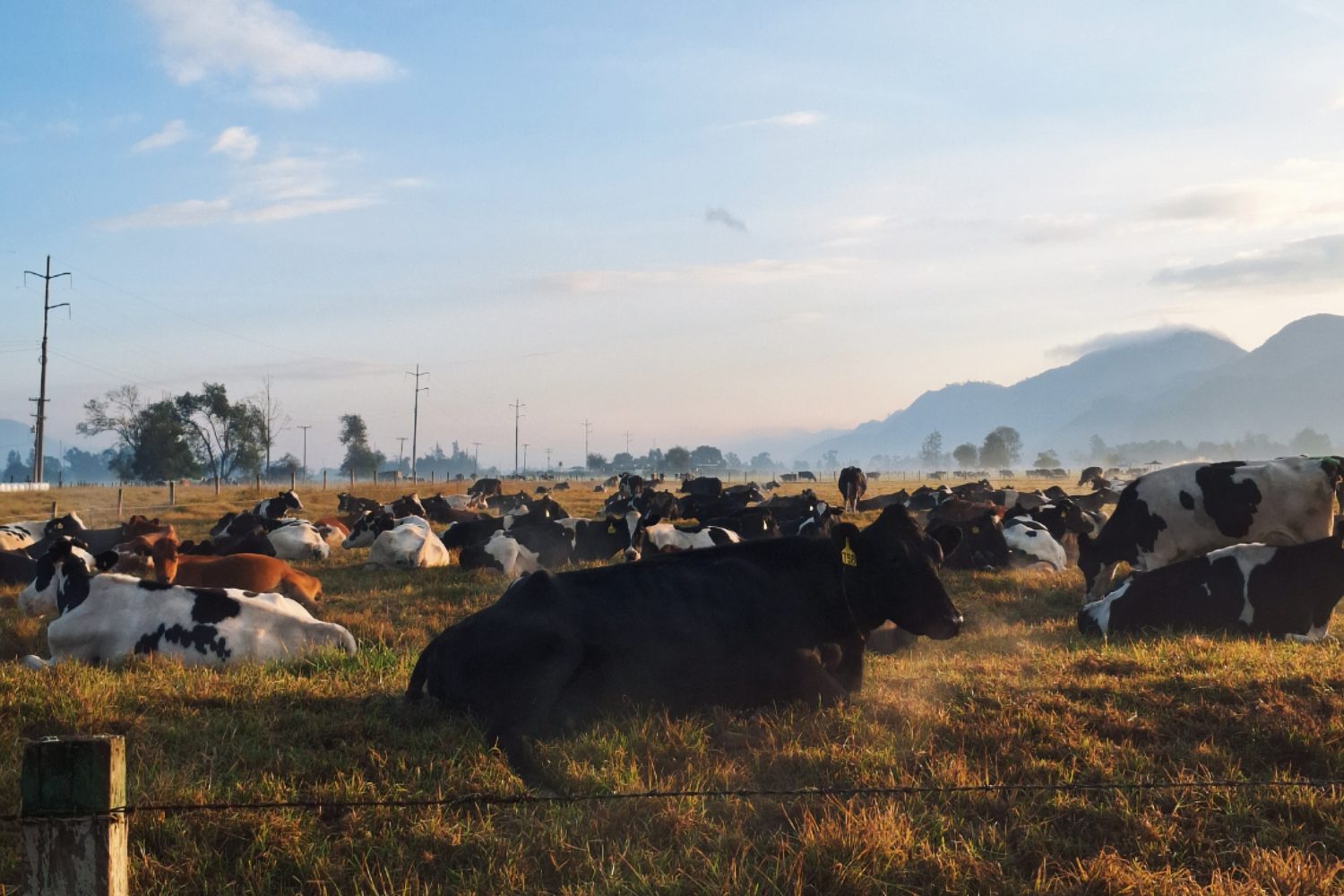
In ultra-distance with fixed-gear, there’s no room for comforts. You don’t have gears to “relax” on a climb or freewheel on a descent. Every pedal stroke is a total commitment, and every kilometer tests your physical strength and mental resilience. That’s where defeat hits hard; it can show up as cramps, hunger, dehydration, a nutrition miscalculation, or simply because your body gives out before your mind does. It’s happened to me more than once, having to stop, admit you won’t make it, and deal with that inner emptiness that leaves you wondering what went wrong.
In tracklocross, defeats are different, but just as intense. The gravel terrain, mud, tight turns, and technical challenges demand you’re at 100% every moment. A slip, a poorly chosen line, or a mechanical issue can end everything in an instant.
The lesson here is humility, no matter how much you train or how confident you feel at the start, the bike and the terrain always have the last word. It reminds you that total control is an illusion, and it’s okay to accept that.
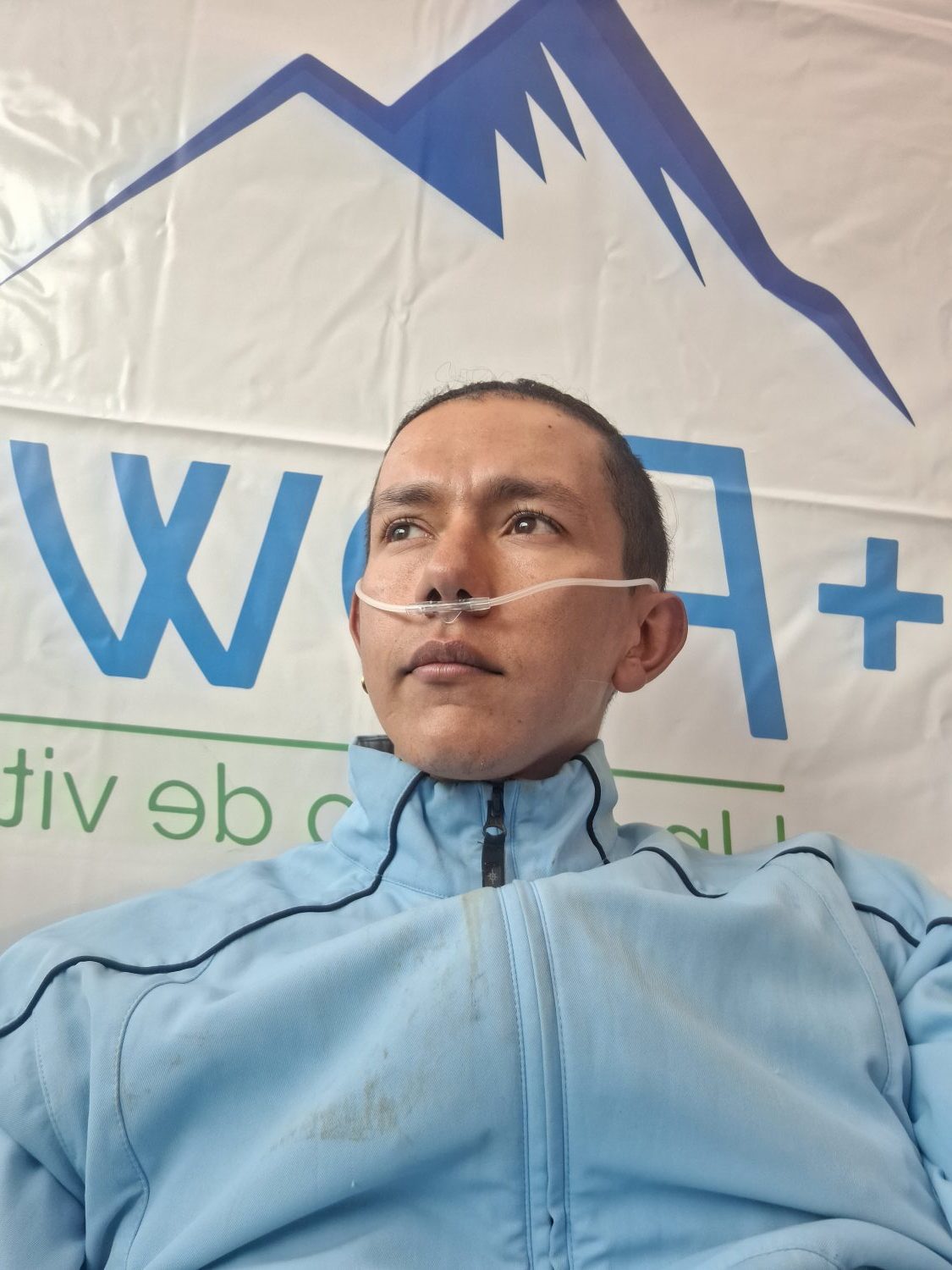
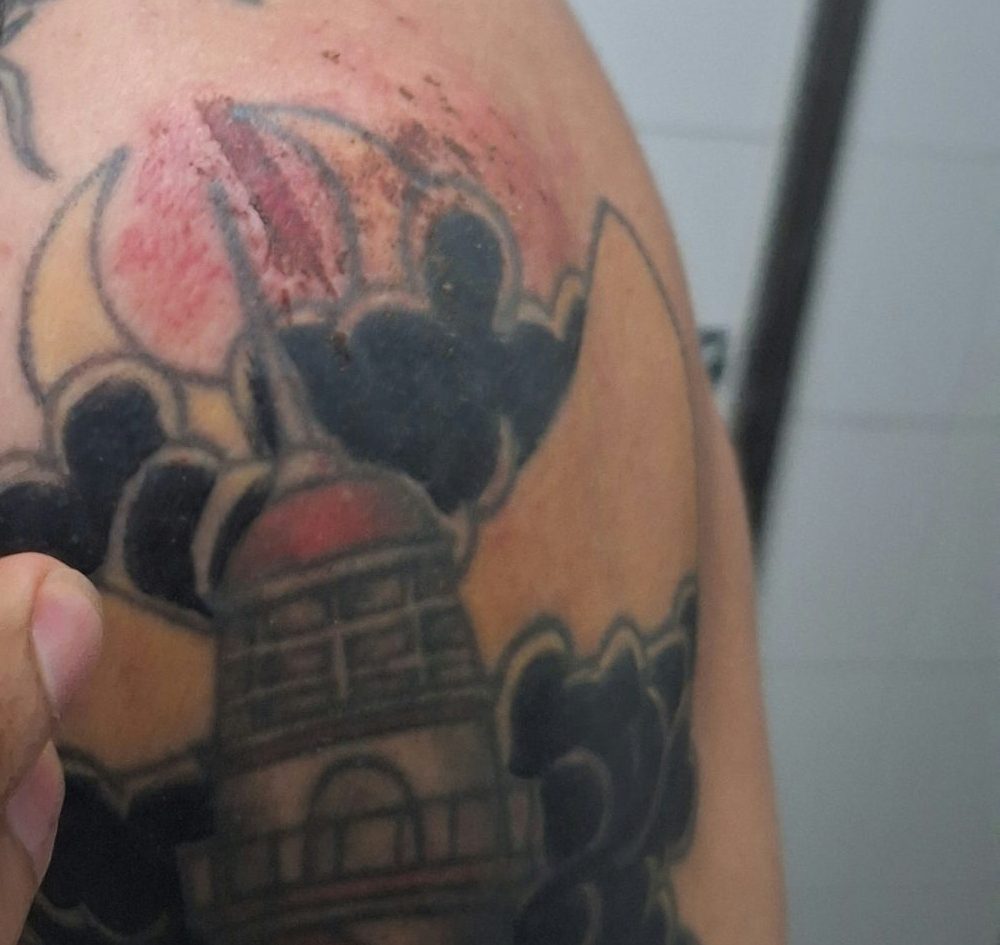

The mental side: when your head fails more than your legs
Defeats in cycling aren’t limited to the body. Afterward comes the toughest part: self-criticism. Questions assault you like “Am I really cut out for this?” or “Why do I keep trying if I always come up short?” Those doubts weigh more than any steep climb.
I’ve learned that in those moments, the key is to shift your perspective:
1 . Don’t see it as a total failure, but as data that helps you know yourself better.
2 . Accept the frustration without ignoring it, because denying it only makes it last longer.
3 . Remember that true value isn’t in always winning, but in having the courage to try again and again.
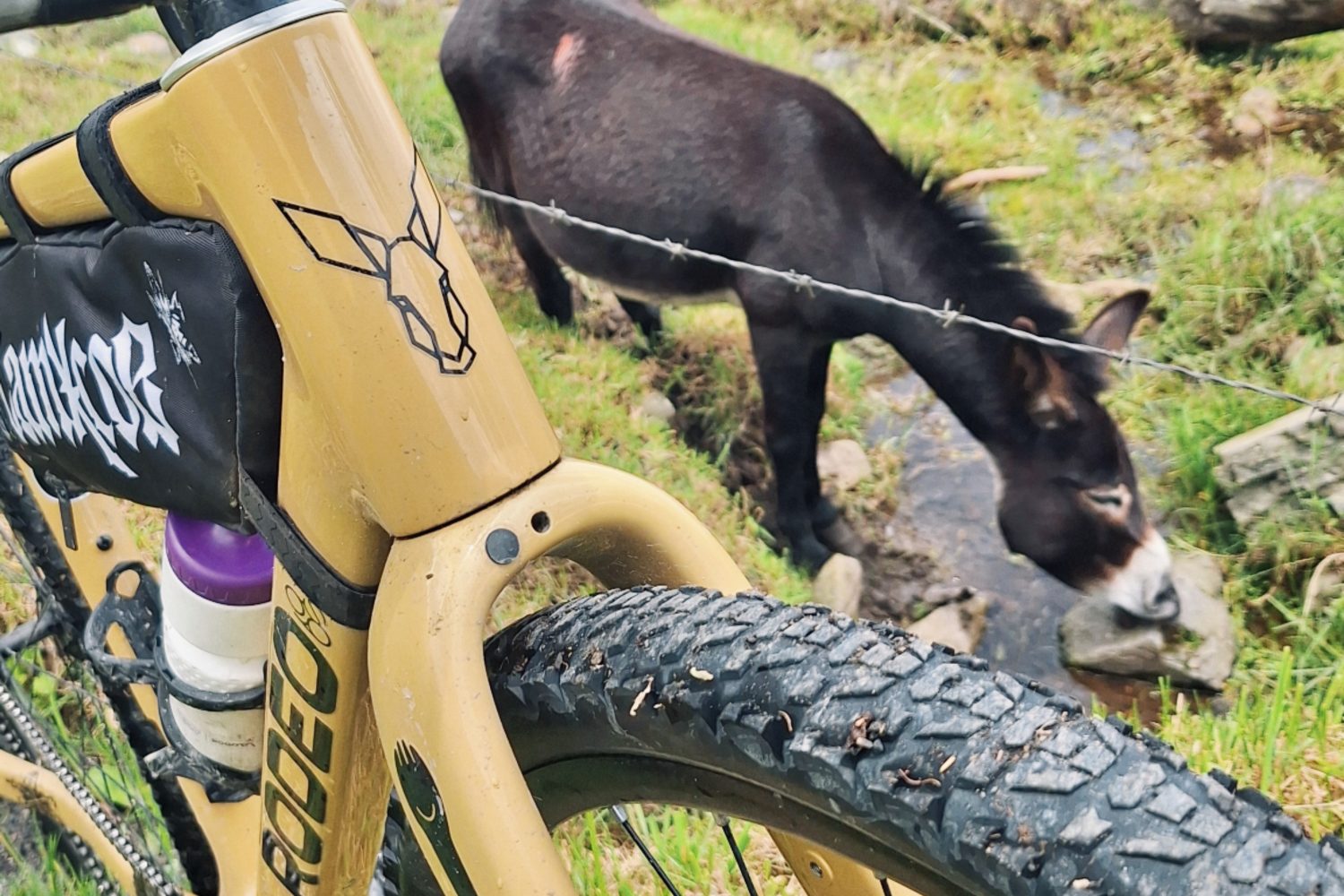
Tips that have helped me deal with defeats.
1 . Analyze what happened without beating yourself up: after every abandonment or fail, calmly review what went wrong. Was it the food, preparation, rest, weather? That review turns defeat into a learning opportunity, instead of a definitive end.
2 . Always have a plan B: in long tests, bring extra options for food, clothing, or alternative routes. Sometimes, failing boils down to practical details you can anticipate.
3 . Listen to your body: some defeats can be avoided if you learn to distinguish between pain you can push through and pain that could really injure you. Knowing when to stop is also an act of bravery.
4. Train your mind just like your body: ultra-distance and tracklocross don’t just demand strong legs. Visualization, patience, and staying calm amid chaos are just as crucial as any physical workout.
5 . Surround yourself with supportive people: this is the most valuable thing of all. Defeat feels less heavy when someone reminds you why you started. It could be your family, friends, or even inspiring figures in cycling. In my experience, the support from Stephen and all the people behind Rodeo Labs has been key: not just for the sponsorship, but because you feel like someone believes in you, even in the worst moments. That kind of support turns every fail into a new beginning.
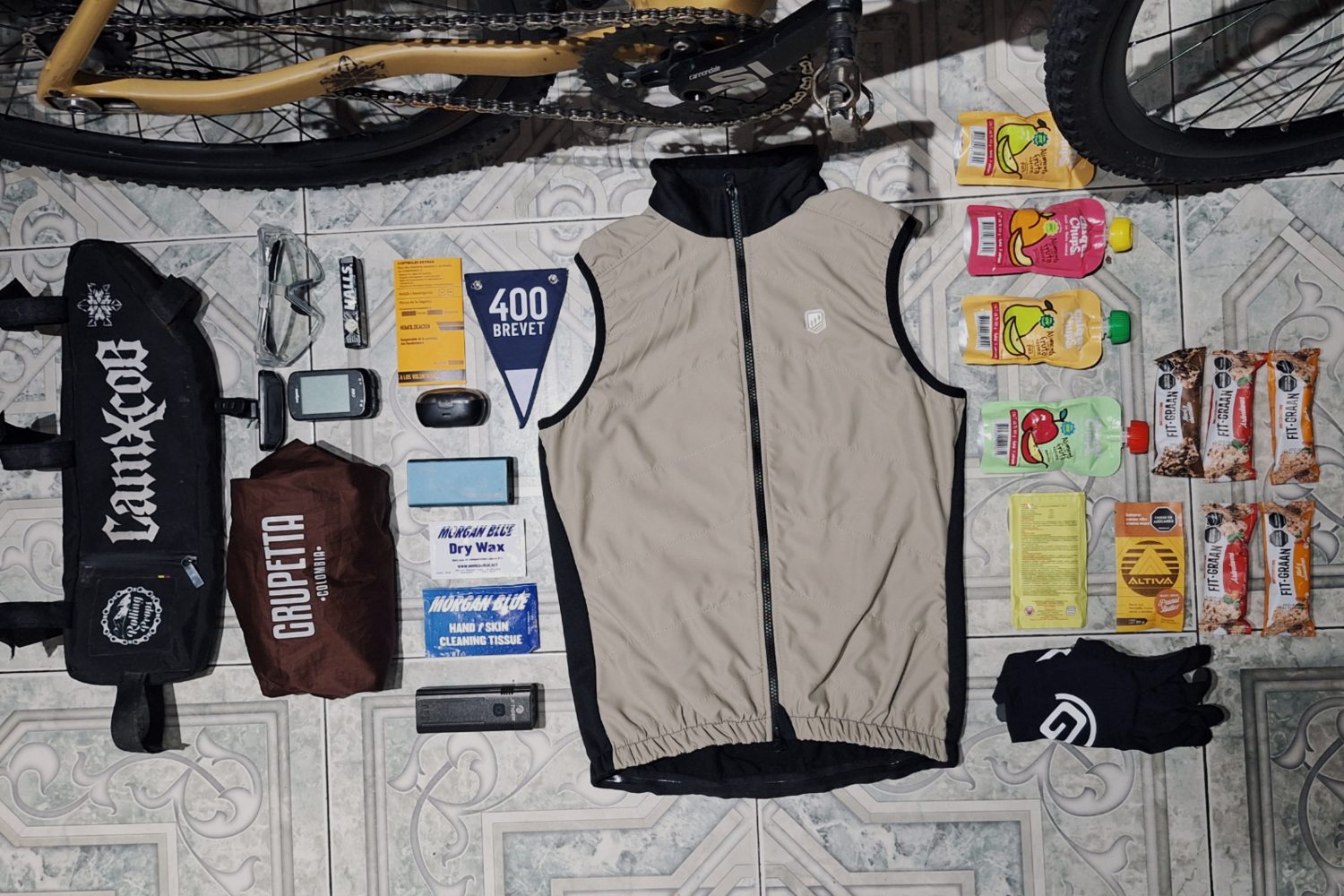
After a defeat, there are always two options: throw in the towel or get back on the bike. The second is harder, but also the one that enriches you the most. It’s not about collecting medals or impressing others, but about growing with every attempt.
In my case, defeats have built more character in me than victories. They’ve taught me to be patient, to plan better, and above all, to understand that this kind of cycling isn’t just about reaching the finish line, but about discovering what you learn along the way.
In conclution, I’ve failed a ton of times in my challenges, and I’m sure I’ll keep failing. But each defeat reminds me of something essential, the bike is like a mirror of life. You don’t always win, you don’t always finish, and that’s okay.
What really matters isn’t the photo at the finish line, but your ability to get up, learn, and keep pedaling. With humility, an open mind, and the certainty that there will always be someone by your side to remind you that the important thing is to keep rolling!!!
Thank you for reading I hope it helps you.

No comment yet, add your voice below!